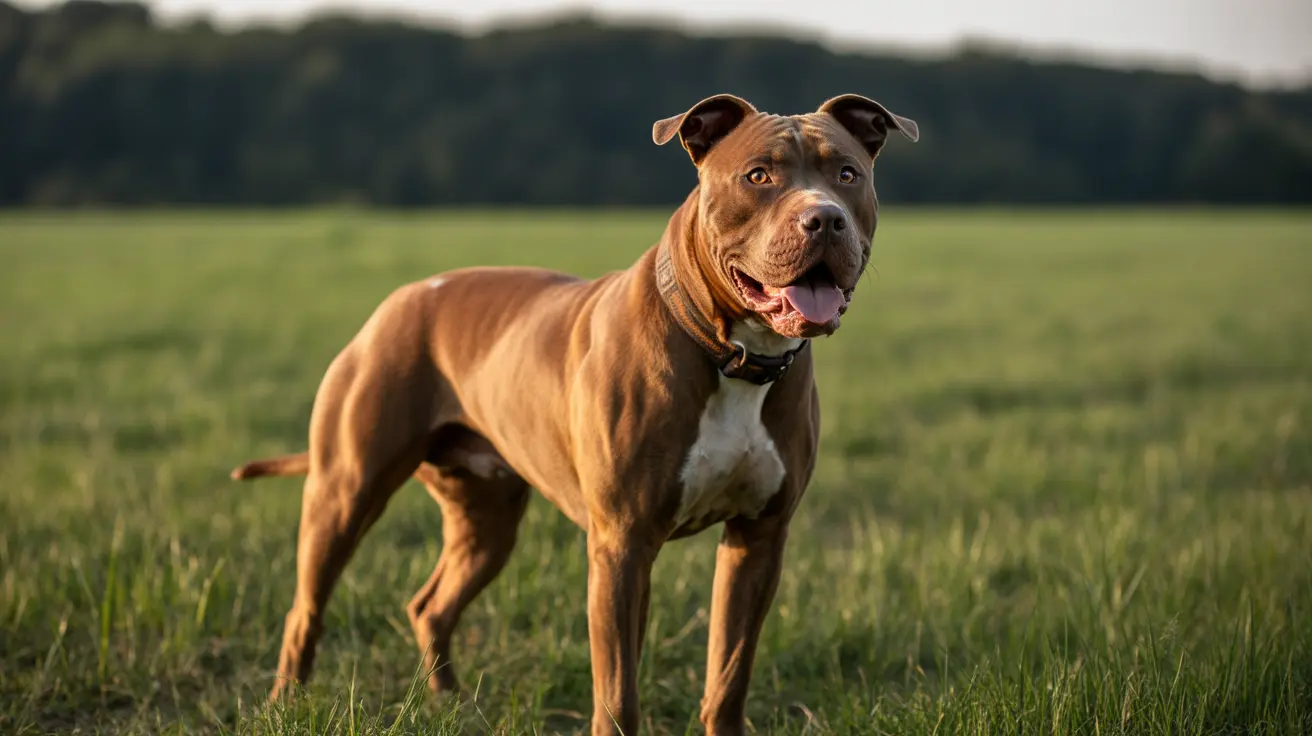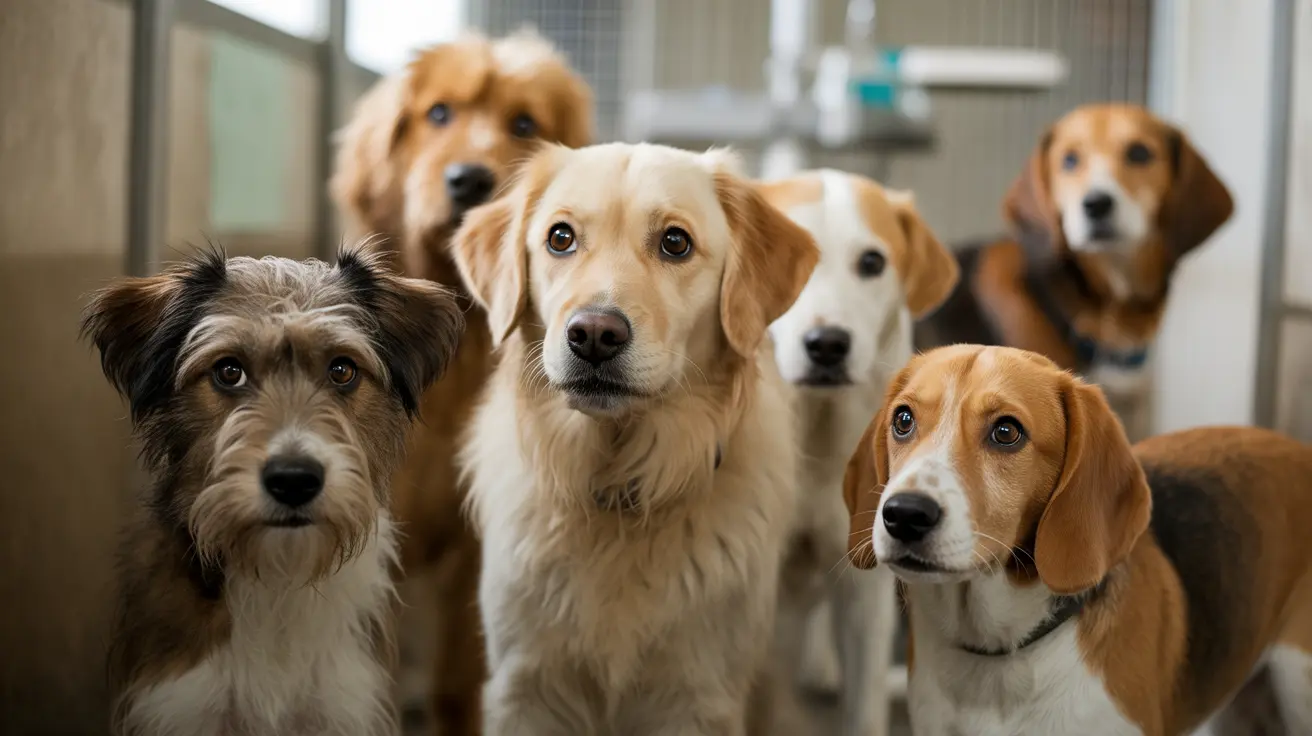Introduction
Understanding healthy fats for dogs is crucial for every pet owner who wants to ensure their canine companion's optimal health. These essential nutrients play a vital role in everything from energy production to brain function, making them an indispensable part of your dog's diet.
In this comprehensive guide, we'll explore the various types of healthy fats dogs need, their benefits, and how to incorporate them effectively into your pet's diet. Whether you're a new pet parent or looking to optimize your dog's nutrition, this information will help you make informed decisions about your dog's dietary needs.
The Fundamental Role of Fats in Canine Health
Fats serve as the primary energy source for dogs, providing more than twice the energy per gram compared to proteins or carbohydrates. They're essential for maintaining healthy cell membranes, supporting hormone production, and ensuring proper absorption of fat-soluble vitamins A, D, E, and K.
Beyond energy provision, fats contribute significantly to your dog's overall well-being by:
- Supporting brain development and cognitive function
- Maintaining skin health and coat shine
- Protecting internal organs
- Regulating body temperature
- Promoting efficient nutrient absorption
Essential Fatty Acids Your Dog Needs
Dogs require specific types of fatty acids for optimal health, particularly omega-3 and omega-6 fatty acids. These essential nutrients must come from their diet as dogs cannot produce them naturally.
Omega-3 Fatty Acids
The most crucial omega-3s for dogs include:
- EPA (Eicosapentaenoic acid)
- DHA (Docosahexaenoic acid)
- ALA (Alpha-linolenic acid)
Omega-6 Fatty Acids
Key omega-6 fatty acids include:
- Linoleic acid (LA)
- Arachidonic acid (AA)
- Gamma-linolenic acid (GLA)
Best Sources of Healthy Fats
To ensure your dog receives adequate healthy fats, consider these excellent sources:
Fish-Based Sources
- Salmon
- Sardines
- Mackerel
- Fish oil supplements
Plant-Based Sources
- Flaxseed oil
- Coconut oil
- Olive oil
- Canola oil
Animal-Based Sources
- Chicken fat
- Egg yolks
- Grass-fed beef
- Turkey
Signs of Fat Deficiency in Dogs
Watch for these indicators that your dog might need more healthy fats:
- Dry, flaky skin
- Dull, brittle coat
- Poor wound healing
- Decreased energy levels
- Reproductive issues
- Cognitive difficulties
Balancing Fats in Your Dog's Diet
Achieving the right balance of fats is crucial. The ideal ratio of omega-6 to omega-3 fatty acids should be between 5:1 and 10:1. Too much or too little fat can lead to health issues, so it's essential to work with your veterinarian to determine the appropriate amount for your specific dog.
Frequently Asked Questions
What are the essential types of healthy fats for dogs, and how do they support canine health?
Essential healthy fats for dogs include omega-3 and omega-6 fatty acids. These support immune function, reduce inflammation, promote healthy skin and coat, aid in brain development, and provide energy. They also help absorb fat-soluble vitamins and maintain cellular health.
How can I ensure my dog gets the right balance of omega-3 and omega-6 fatty acids?
Maintain a proper balance by feeding a high-quality commercial diet supplemented with fish oil for omega-3s. The ideal ratio is between 5:1 and 10:1 (omega-6 to omega-3). Consult your veterinarian for specific recommendations based on your dog's needs.
What are some of the best sources of omega-3 fatty acids for dogs?
The best sources include cold-water fish like salmon, sardines, and mackerel, fish oil supplements, krill oil, and algae oil. These provide the most bioavailable forms of EPA and DHA, which are crucial for your dog's health.
How much fat should I include in my dog's diet, and what are the risks of over-supplementation?
Adult dogs typically need 10-15% of their daily calories from fat. Over-supplementation can lead to obesity, pancreatitis, and digestive issues. Always follow feeding guidelines and consult your veterinarian before making significant dietary changes.
Can I use coconut oil as a healthy fat supplement for my dog, and what are its benefits?
Yes, coconut oil can be beneficial when used moderately. It contains medium-chain triglycerides (MCTs) that provide quick energy and may have antimicrobial properties. Start with small amounts (1/4 teaspoon per 10 pounds of body weight) and increase gradually if needed.
Conclusion
Healthy fats are essential for your dog's overall health and well-being. By understanding their importance and incorporating the right sources into your dog's diet, you can help ensure your furry friend maintains optimal health throughout their life. Remember to always consult with your veterinarian before making significant changes to your dog's diet or starting any supplementation program.






